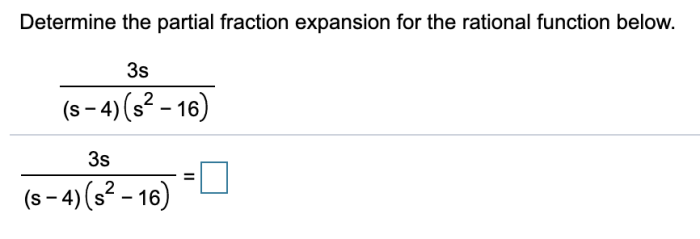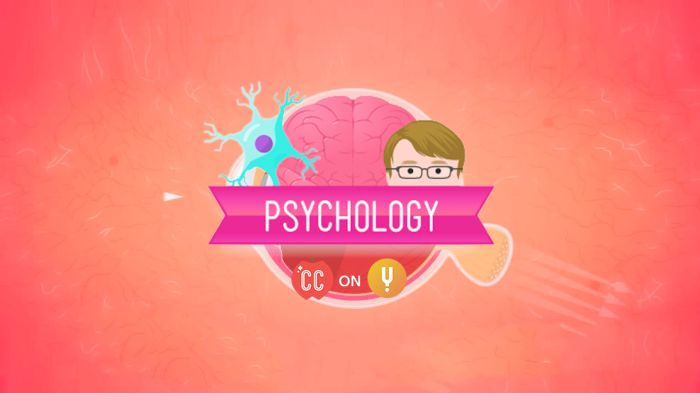Function of pituitary gland ppt – Embark on a journey into the captivating realm of the pituitary gland, a tiny yet mighty organ that orchestrates a symphony of physiological processes within our bodies. From its humble abode within the brain to its far-reaching influence on growth, reproduction, and metabolism, the pituitary gland stands as a testament to the intricate wonders of the human body.
Delving deeper into its functions, we will explore the intricate dance between hormones and target organs, unraveling the mechanisms by which this master gland exerts its control over our physical and mental well-being.
Introduction to the Pituitary Gland: Function Of Pituitary Gland Ppt
The pituitary gland is a small, pea-sized gland located at the base of the brain, nestled within a bony cavity called the sella turcica. It is often referred to as the “master gland” because it plays a crucial role in regulating various bodily functions through its intricate hormonal secretions.
The pituitary gland consists of two distinct lobes, each with unique functions:
- Anterior Pituitary:The larger of the two lobes, it produces hormones that directly influence target organs, such as growth hormone, thyroid-stimulating hormone, and adrenocorticotropic hormone.
- Posterior Pituitary:The smaller lobe stores and releases hormones produced by the hypothalamus, primarily oxytocin and antidiuretic hormone.
The pituitary gland is an integral part of the endocrine system, a network of glands that secrete hormones directly into the bloodstream. It acts as a bridge between the nervous system and the endocrine system, coordinating various bodily functions to maintain homeostasis.
Hormones Produced by the Pituitary Gland
The pituitary gland is a small but mighty gland located at the base of the brain. It produces a variety of hormones that play crucial roles in regulating various bodily functions.
Major Hormones Produced by the Pituitary Gland
The pituitary gland produces two main types of hormones:
- Anterior pituitary hormonesare produced by the front part of the gland and control growth, metabolism, and reproduction.
- Posterior pituitary hormonesare produced by the back part of the gland and regulate water balance and blood pressure.
Anterior Pituitary Hormones, Function of pituitary gland ppt
The anterior pituitary gland produces several hormones, including:
- Growth hormone (GH): Promotes growth and development of the body.
- Thyroid-stimulating hormone (TSH): Stimulates the thyroid gland to produce thyroid hormones, which regulate metabolism.
- Adrenocorticotropic hormone (ACTH): Stimulates the adrenal glands to produce cortisol, which helps the body respond to stress.
- Luteinizing hormone (LH)and follicle-stimulating hormone (FSH): Regulate reproductive function in both men and women.
- Prolactin: Stimulates milk production in women who have recently given birth.
Posterior Pituitary Hormones
The posterior pituitary gland produces two hormones:
- Antidiuretic hormone (ADH): Regulates water balance by reducing urine output.
- Oxytocin: Stimulates uterine contractions during childbirth and milk ejection during breastfeeding.
Regulation of Hormone Secretion
The secretion of pituitary hormones is regulated by various factors, including:
- Hypothalamus: The hypothalamus, a region of the brain, produces hormones that stimulate or inhibit the pituitary gland.
- Feedback loops: Hormone levels in the body provide feedback to the pituitary gland, regulating hormone secretion.
Functions of the Pituitary Gland
The pituitary gland is the master gland of the endocrine system, and it plays a crucial role in regulating a wide range of bodily functions, including growth, development, reproduction, lactation, metabolism, and stress response.
Growth and Development
The pituitary gland produces growth hormone (GH), which is essential for normal growth and development. GH stimulates the growth of bones, muscles, and organs, and it also helps to regulate metabolism. GH deficiency can lead to dwarfism, while excessive GH production can cause gigantism or acromegaly.
Reproduction and Lactation
The pituitary gland produces two hormones that are involved in reproduction: follicle-stimulating hormone (FSH) and luteinizing hormone (LH). FSH stimulates the growth and development of follicles in the ovaries, while LH triggers ovulation. In men, LH stimulates the production of testosterone.
The pituitary gland also produces prolactin, which is responsible for milk production during lactation.
Metabolism and Stress Response
The pituitary gland produces several hormones that are involved in regulating metabolism and stress response. Thyroid-stimulating hormone (TSH) stimulates the thyroid gland to produce thyroid hormones, which regulate metabolism. Adrenocorticotropic hormone (ACTH) stimulates the adrenal glands to produce cortisol, which is a stress hormone that helps the body to respond to stress.
Disorders of the Pituitary Gland
Pituitary disorders are conditions that affect the pituitary gland, a small, pea-sized gland located at the base of the brain. These disorders can disrupt the production and release of pituitary hormones, leading to a range of symptoms and health problems.
Common pituitary disorders include pituitary tumors and hypopituitarism. Pituitary tumors are abnormal growths that can develop in the pituitary gland. They can be benign (non-cancerous) or malignant (cancerous). Hypopituitarism occurs when the pituitary gland does not produce enough hormones.
Symptoms of Pituitary Disorders
The symptoms of pituitary disorders vary depending on the type of disorder and the hormones affected. Common symptoms include:
- Changes in growth and development
- Menstrual irregularities
- Infertility
- Weight gain or loss
- Changes in skin and hair
- Fatigue
- Headaches
- Vision problems
Causes of Pituitary Disorders
The causes of pituitary disorders are not fully understood. However, some risk factors include:
- Head injury
- Radiation therapy
- Genetic factors
- Certain autoimmune disorders
Treatment Options for Pituitary Disorders
The treatment for pituitary disorders depends on the type of disorder and its severity. Treatment options may include:
- Medication
- Surgery
- Radiation therapy
Impact of Pituitary Disorders on Overall Health and Well-being
Pituitary disorders can have a significant impact on overall health and well-being. They can lead to a range of physical, emotional, and cognitive problems. Untreated pituitary disorders can be life-threatening.
If you are experiencing symptoms of a pituitary disorder, it is important to see your doctor for diagnosis and treatment. Early diagnosis and treatment can help to improve the prognosis and prevent serious complications.
Conclusion
The pituitary gland is a vital component of the endocrine system, playing a crucial role in maintaining overall health and well-being.
It orchestrates a complex symphony of hormonal interactions, regulating growth, metabolism, reproduction, and stress responses. By integrating signals from the brain and body, the pituitary gland ensures that various physiological processes are coordinated and functioning optimally.
Importance of Further Research
While significant progress has been made in understanding the pituitary gland, there remains much to be explored. Further research is essential to:
- Gain a deeper understanding of the intricate mechanisms by which the pituitary gland regulates various bodily functions.
- Develop more effective treatments for pituitary disorders, including both underactive and overactive conditions.
- Investigate the potential role of the pituitary gland in age-related decline and neurodegenerative diseases.
- Uncover novel therapeutic targets for a range of conditions influenced by hormonal imbalances.
Expert Answers
What is the role of the pituitary gland in growth?
The pituitary gland secretes growth hormone, which stimulates bone and muscle growth, and plays a crucial role in overall physical development.
How does the pituitary gland regulate metabolism?
The pituitary gland releases hormones that influence the thyroid gland and adrenal glands, which in turn regulate metabolism, energy levels, and body temperature.
What are common pituitary gland disorders?
Pituitary tumors, hypopituitarism, and hyperpituitarism are some common pituitary gland disorders that can affect hormone production and lead to various health issues.







